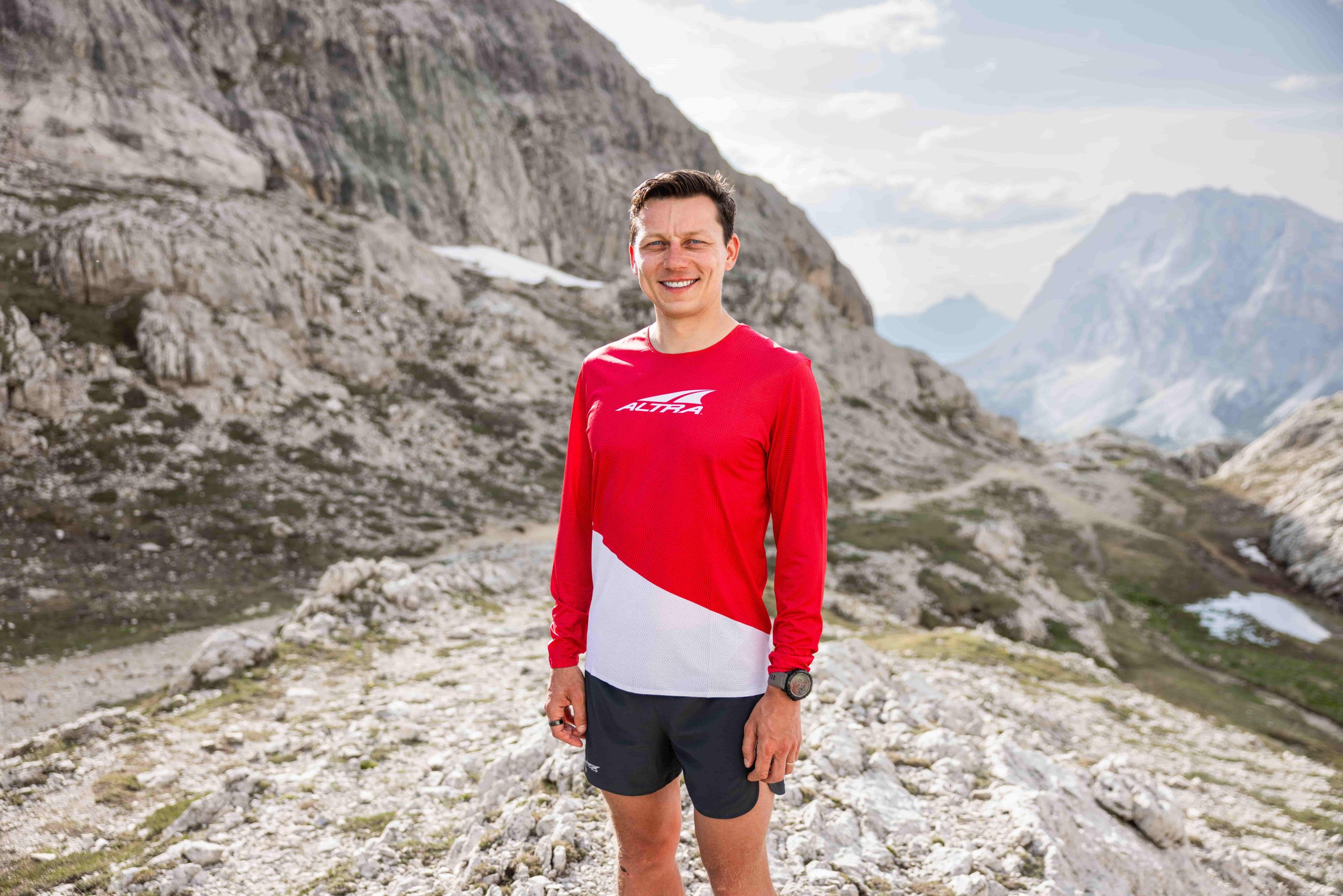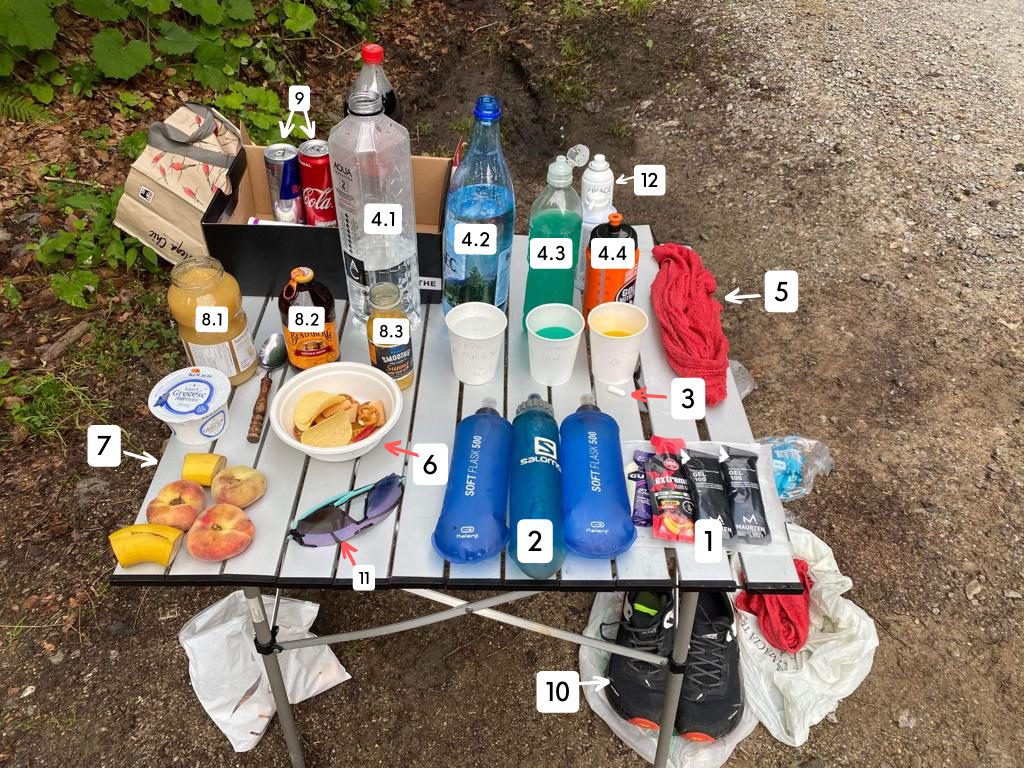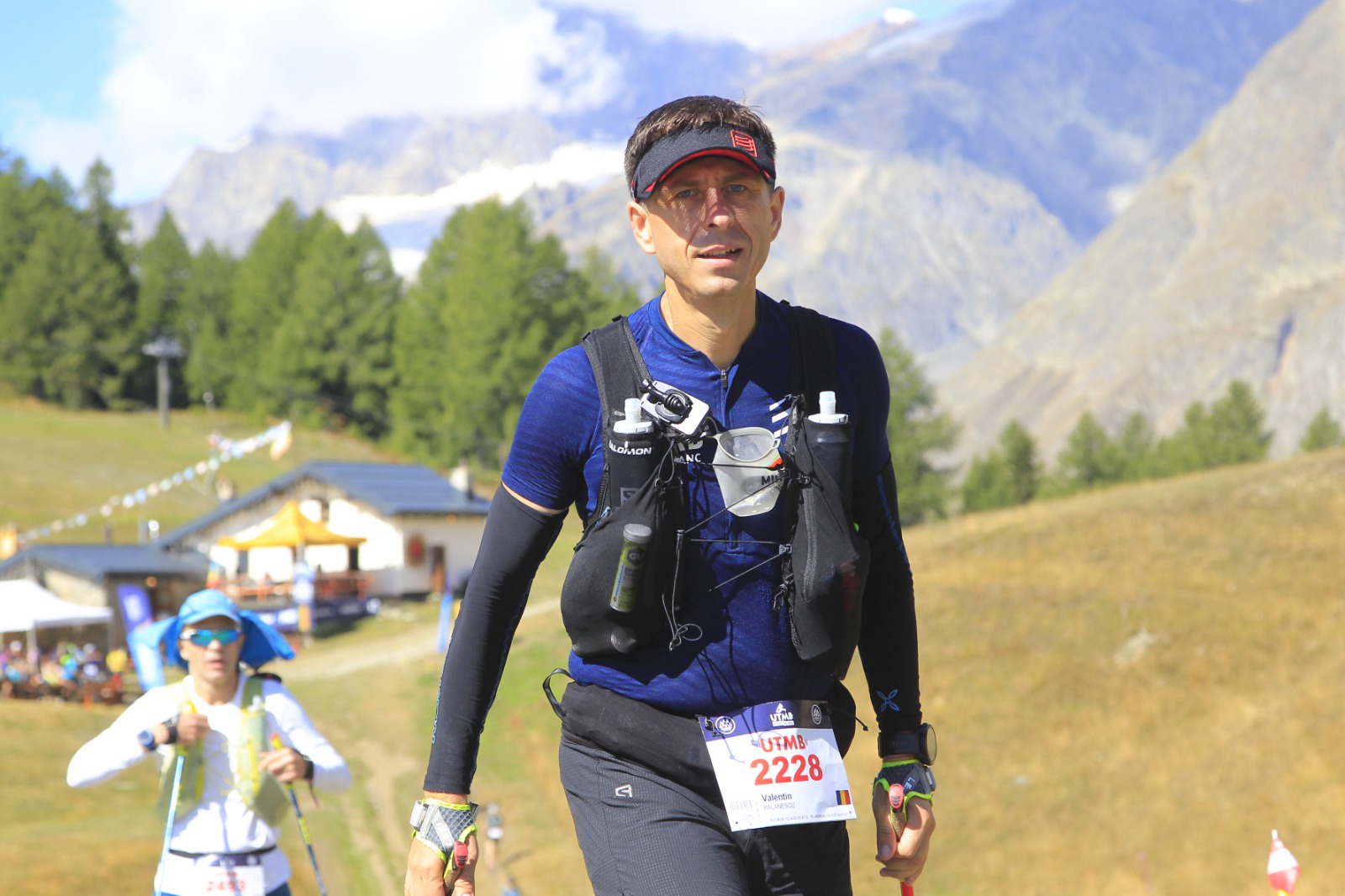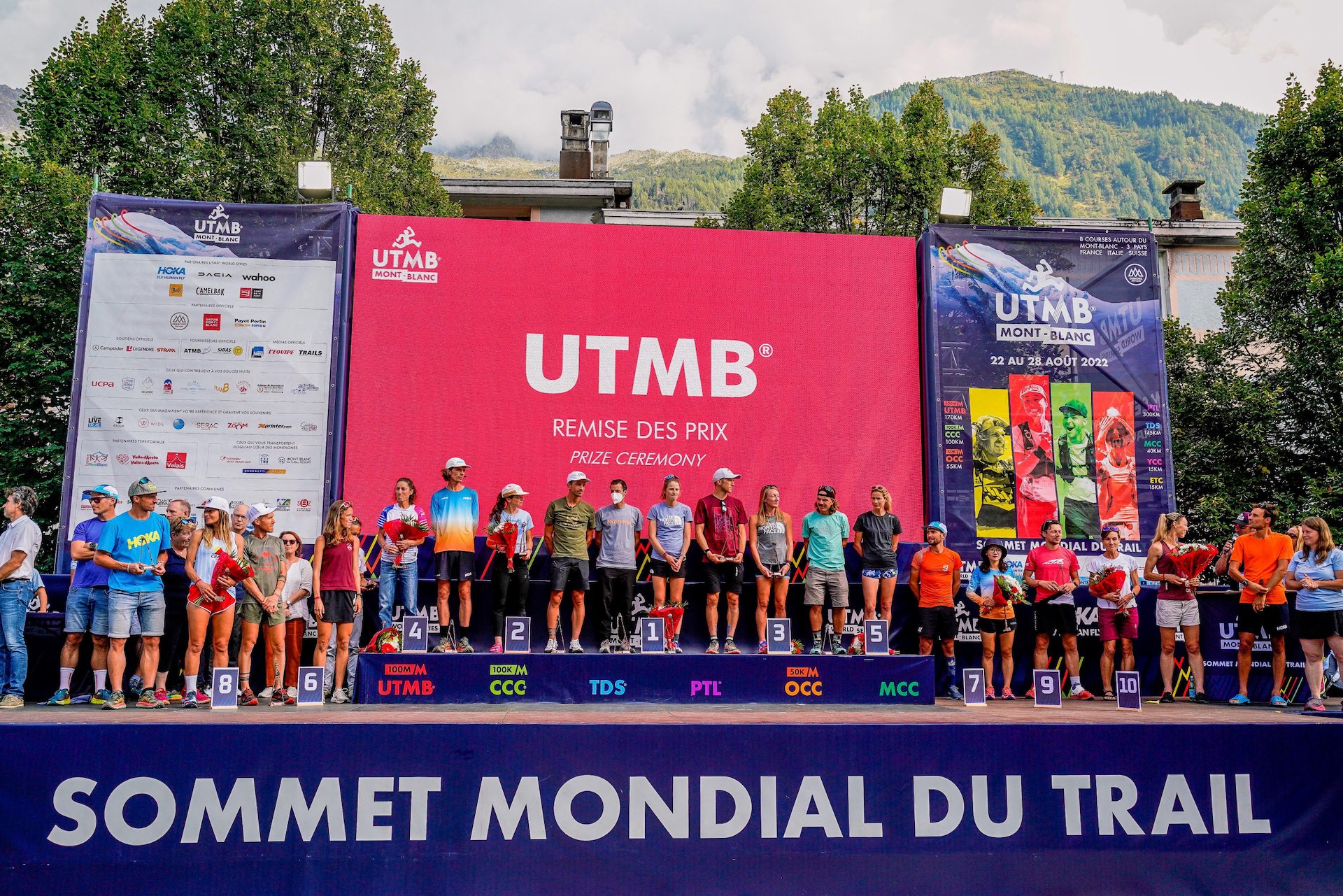
Western States 100miles 2024 – Hajnal Robert’s Thoughts & Training Journal
Western States 100milles 2024 – Hajnal Robert’s Thoughts & Training Journal from the start of the training block to racing
At the end of each month we send out a newsletter that keeps you up to date with important events in the running world, gives you training ideas and motivates you for your next competition.
There are days and days. Competitions and competitions. One day you can run 4 minutes per km. and you find it awfully hard and another day 4 minutes per kilometer seems like an easy running pace that you can keep going forever.
What makes us give in, what makes us slow down is our mind and our perception of the effort. When we find it too hard, we give up pulling and slow down, but it’s not our muscles that give out first, it’s our mind that finds the effort too hard to continue.
We train our bodies to adapt to the new conditions and over time the effort of running at a certain pace/rhythm becomes easier. But less obvious factors like mental fatigue also contribute to how hard the effort feels, and trying to maintain a marathon pace for hours on end is exhausting for the brain.
Samuel Marcora made waves in the world of researchers studying endurance with a study of “mental fatigue”.
As part of the study, he asked 16 volunteers to complete a series of tests on exhaustion on a stationary bike.
Before one of the tests, the subjects spent 90 minutes completing a mentally and psychologically exhausting computer test that involved a series of letters appearing on the screen and pressing buttons as the letters appeared.
It’s not an extremely difficult test, but it does demand your concentration in a sustained way and as it lasts 90 minutes, it’s certainly an energy-sapping test.
Before another test, subjects spent 90 minutes watching a series of non-demanding documentaries:
“World Class Trains-The Venice Simplon Orient Express” and “The History of Ferrari-The Definitive Story”) chosen specifically for their emotionally neutral impact.
Whichever way you looked at it, the result would have been predictable or through the prism of physiology, inexplicable.
After the grueling computer game, subjects quit the bike test 15.1 percent faster, stopping at an average of 10 minutes and 40 seconds, compared to the 12 minutes and 34 seconds spent on average by those who watched the movies.
This was not due to any detectable, physiological factor: heart rate, blood pressure, oxygen consumption, or lactic acid levels. These and other metabolic measurements were identical during the two tests until exhaustion.
Motivation levels, as measured by psychological questionnaires immediately after the pedaling test, were the same – plus a £50 reward was offered for top performers. The only difference, right from the start of the first pedal, was mental fatigue which made the effort seem harder.
When their brains were tired, pedaling a bike became a much harder effort.
If the effort is the yin of Marcora’s psychobiological model, motivation is the yang.
We’re not always willing to push ourselves to maximum effort, which is why athletes rarely achieve world records or even personal bests in training.
In one of his speeches to other endurance researchers, Marcora offered a classic illustration from a 1986 experiment by a French researcher Michel Cabanac. Cabanac asked volunteers to sit in the squat position, back against the wall, without a chair, for as long as they could, offering different rewards for each 20-second interval they spent in the position.
When subjects were offered 0.2 francs per 20 seconds, their quads gave out just over two minutes, on average; when they were offered 7.8 francs per 20 seconds, their endurance magically doubled. If the moment of collapse was dictated solely by when the muscles gave out, how did they know when the reward was greater?
Marcora produced a similar mind vs muscle experiment, with a team of rugby players completing a test to exhaustion on a bicycle. On average, he suggested subjects achieve 242 watts of power, which was about 80% of their maximum power.
Subjects lasted, on average, 10 minutes receiving cash rewards to ensure they pulled to exhaustion. As soon as they gave up, within 3-4 seconds, they were asked to see how much power they could generate in a 5-second ‘sprint’, also on the bike.
Interestingly, even though they said they could no longer generate 242 watts of effort, they managed to produce 731 watts during the 5-second sprint.
The conclusion of the experiment is that the subjects didn’t stop the initial test because their muscles were physically unable to produce the required power; instead, the researchers said it was their perception of effort that mattered.
Marcora said that everything that is a motivation for you has an influence on how long or fast you can run. All physiological factors – dehydration, fatigue, tired muscles, a pounding heart – contribute to how hard an effort feels.
All of Marcora’s talk leads to a radical idea: If you could train your brain to become more accustomed to mental fatigue, then – like your body – it will adapt and the task of staying at a certain pace will feel easier.
WHAT TO DO for THE BRAIN:

Western States 100milles 2024 – Hajnal Robert’s Thoughts & Training Journal from the start of the training block to racing

Do you have a support team for your next ultramarathon? Here’s what you need for a successful race and a ‘full’ Check-Point.

The emotions and experience of TrailRunning Academy athlete Valentin Bălănescu during the 170 km of the UTMB.

I had the chance to share the UTMB 2022 podium with 10 of the best endurance athletes in the world. Here’s how I met them, how they competed and my thoughts on them.
Stabilim obiective și drumul pe care trebuie să-l urmezi ca să le atingi.
În 48 de ore, antrenamente personalizate la tine pe ceas
Suntem experți în a fi eficienți și a nu te accidenta.
Am pregătit + 100 atleți și am reușit să îndeplinim alte sute de obiective.
Nemulțumit de colaborare?
Îți returnăm banii.


La finalul fiecărei luni trimitem un newsletter care te ține la curent cu evenimentele importante din lumea alergării, îți oferă idei de antrenament și te motivează pentru următoarea ta competiție.

We set goals and the path you need to follow to achieve them.
In 48 hours, personalised running workouts on your watch
We're experts at being efficient and not getting injured.
We trained 100+ athletes and managed to achieve their goals
Are you unhappy with the collaboration? We'll give you your money back.

At the end of each month, we send out a newsletter that keeps you up to date with important events in the running world, gives you training ideas, and motivates you for your next competition.

Please select a template first
